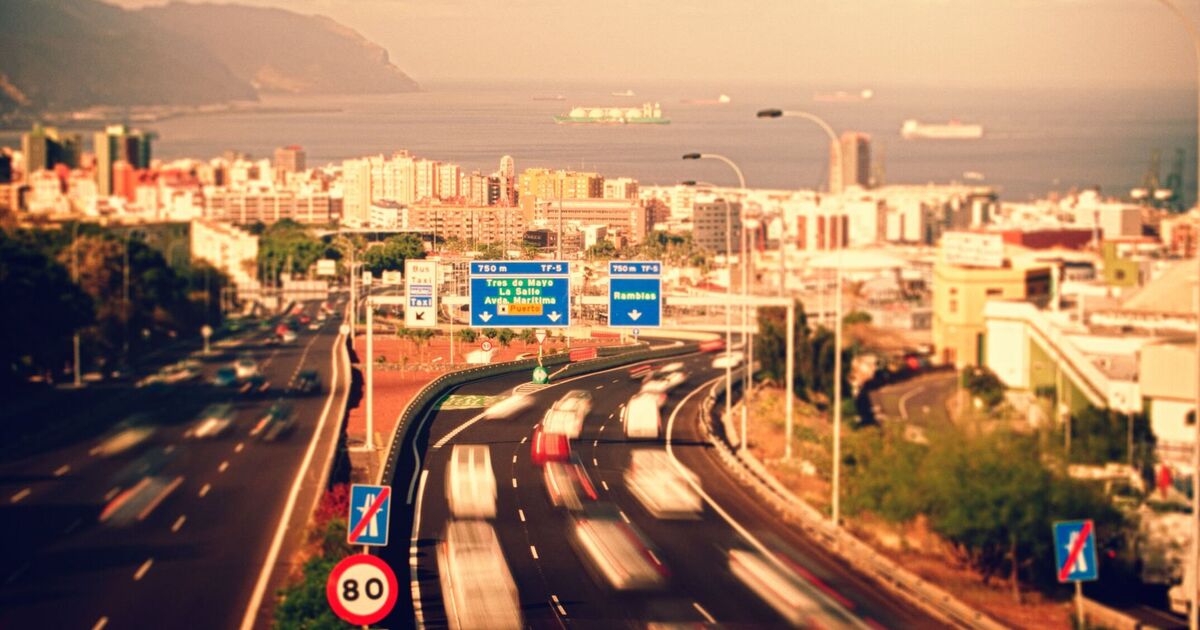The picturesque landscapes and vibrant culture of Tenerife have long attracted millions of tourists each year, seeking solace in its sun-kissed shores. However, beneath the surface of this idyllic paradise lies a growing concern voiced by residents of the island, as highlighted by spokesman of the Spanish protest group Salvar La Tejita, Brian Harrison, in an exclusive interview with Express.co.uk.
With 6.5 million tourists flooding the island annually, Tenerife’s infrastructure is strained to its limits.
Mr Harrison revealed: “Tenerife has 927,993 registered residents. Every year, 6.5 million tourists visit the island. There are over half a million vehicles registered on the island. The 3 motorways on the island are deadlocked on a daily basis due to the unsustainable increase of rental vehicles circulating.”
The influx of tourists has not only exacerbated traffic congestion but also widened the gap between the local population and the tourism industry.
“The Canary Islands have the highest rate of poverty in Spain; over 36 percent of residents are currently in poverty or at risk of social exclusion due to poverty,” he stressed.
Moreover, the environmental impact of mass tourism on Tenerife is becoming increasingly apparent.
“Housing is at crisis levels on the island,” the spokesman continued, citing dramatic increases in property prices fuelled by non-residents purchasing real estate for the tourism sector, leaving locals struggling to find affordable accommodation.
The degradation of Tenerife’s natural resources is also a pressing concern. Mr Harrison also highlighted sewage contamination of the ocean, with over 50 million litres of sewage pouring into the sea annually, posing serious health risks to both residents and tourists alike.
The group’s proposals for change include the implementation of a tourist tax and stricter regulations on rental vehicles, aimed at mitigating the adverse effects of tourism on the island’s infrastructure and environment.
As residents grapple with the consequences of unchecked tourism, the spokesman urged for accountability from politicians and public administrations.
“Many residents have become normalised by the current situation,” they lamented, emphasising the need for awareness campaigns targeting both tourists and potential visitors.
As the delicate balance between tourism and sustainability hangs in the balance, the future of Tenerife depends on collective action to preserve its natural beauty and support its local communities.











